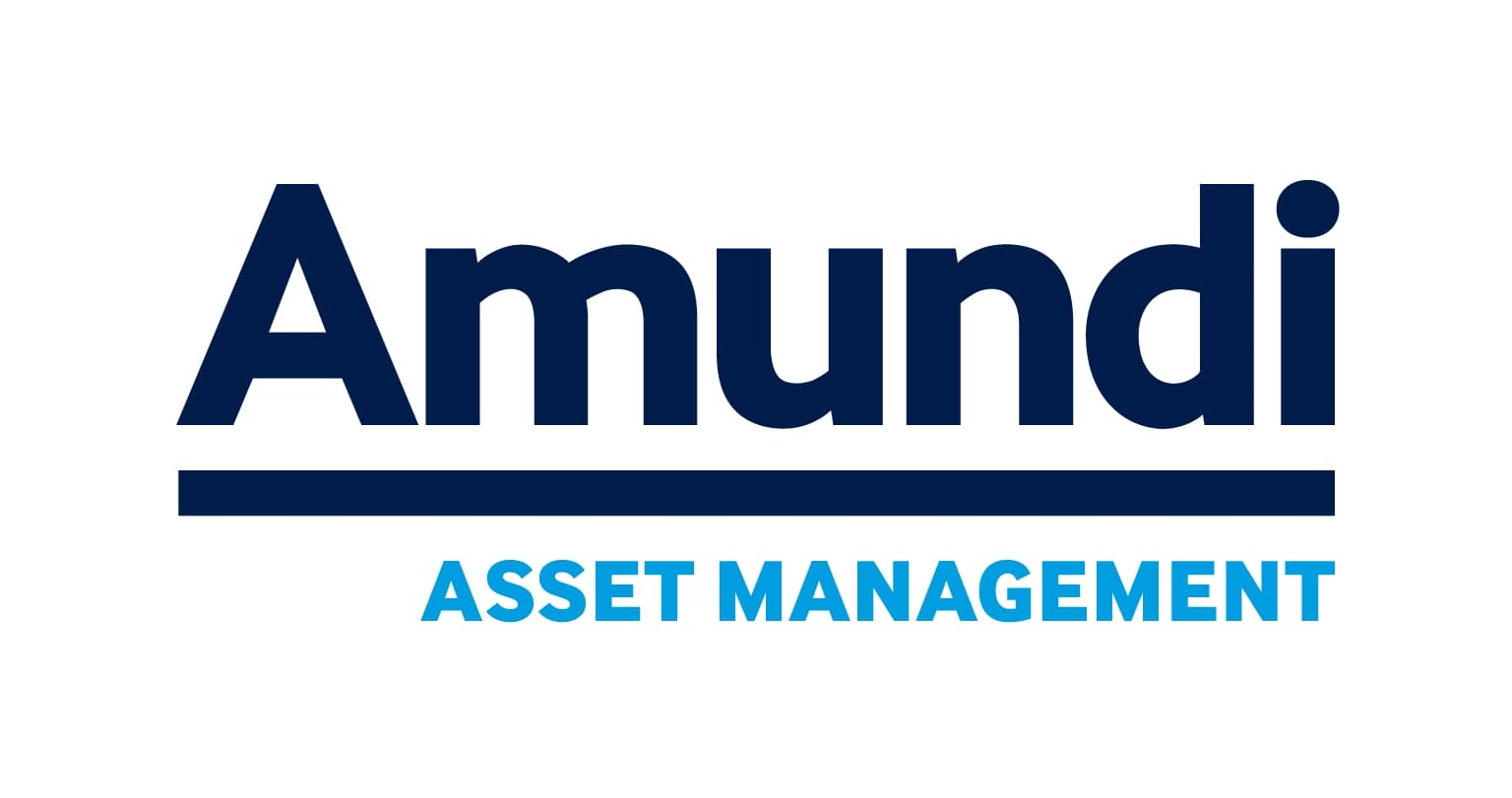Is the Canadian Dollar signalling an oil price bottom? The Bank of Canada (BOC) raised rates for the first time in seven years this week, the second major central bank to do so after the Federal Reserve. The BOC indicated that its economy ‘is approaching full capacity’. As a result, the Canadian Dollar, the so-called Loonie, jumped to the highest level against the US Dollar in 13 months. A rising CAD could be signalling a bottom for oil prices.
Business investment in the energy sector in Canada is recovering from a ‘prolonged steep decline’, according to the BOC, and oil exports are expected to improve, particularly to the US. The BOC notes that ‘the past oil shock is largely complete’. Indeed, Canadian energy companies have once again begun to implement capital expenditure plans with a sense of ‘cautious optimism’. Such an economic environment suggests that producers have largely adjusted to the current lower price environment. Rising investment and optimism reflects a better outlook for demand and is a supportive price environment for oil.
the Loonie has had a very strong correlation with oil prices
Historically, the Loonie has had a very strong correlation with oil prices, but the direction of causation is unclear. However, since the end of 2016, this relationship has become more distinct, showing that moves in the CAD are leading the moves in oil prices, reflecting that the BOC is adjusting policy partly as a result of strengthening underlying demand conditions in the energy sector. Against a backdrop of rising global oil demand, we feel that such a relationship could be signalling that the latest jump in CAD be the precursor of an oil price rebound.
With the Canadian economy improving and the central bank reacting in a proactive manner with its monetary policy stance, the CAD could move higher in coming months. In turn, with oil prices nearing a natural floor – where demand (supported by lower prices) has the potential to offset continued elevated global production levels – higher prices could be the result of a more balanced oil market in the second half of 2017.
Is the Canadian Dollar signalling an oil price bottom?
Martin Arnold, Global FX & Commodity Strategist at ETF Securities
Martin Arnold joined ETF Securities as a research analyst in 2009 and was promoted to Global FX & Commodity Strategist in 2014. Martin has a wealth of experience in strategy and economics with his most recent role formulating an FX strategy at an independent research consultancy. Martin has a strong background in macroeconomics and financial analysis – gained both at the Reserve Bank of Australia and in the private commercial banking sector – and experience covering a range of asset classes including equities and bonds. Martin holds a Bachelor of Economics from the University of New South Wales (Australia), a Master of Commerce from the University of Wollongong (Australia) and attained a Graduate Diploma of Applied Finance and Investment from the Securities Institute of Australia.

 Nyheter4 veckor sedan
Nyheter4 veckor sedan
 Nyheter3 veckor sedan
Nyheter3 veckor sedan
 Nyheter3 veckor sedan
Nyheter3 veckor sedan
 Nyheter3 veckor sedan
Nyheter3 veckor sedan
 Nyheter3 veckor sedan
Nyheter3 veckor sedan
 Nyheter2 veckor sedan
Nyheter2 veckor sedan
 Nyheter3 veckor sedan
Nyheter3 veckor sedan
 Nyheter2 veckor sedan
Nyheter2 veckor sedan






















